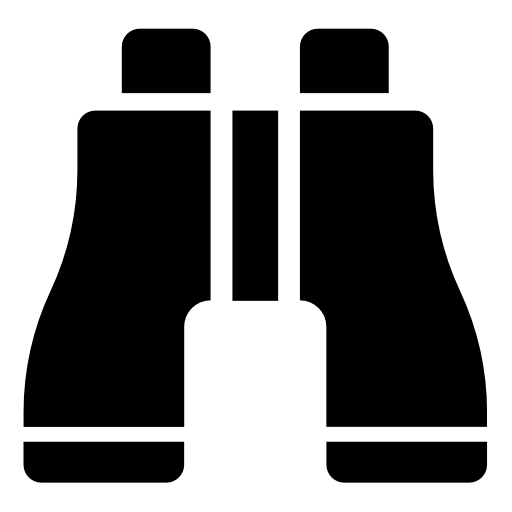Select the Find 
-
On the Schedule Board or Customer Hub, select the Find

-
Select the Find Type:If searching from the Schedule Board:Service Call Search for service appointment(s) using a partial or full service call number.Purchase Order Search for a service appointment using the customer purchase order associated to the service call(s).Maintenance ContractsSearch for a service appointment using a full or partial maintenance contract number.Jobs Search for job appointment(s) using a partial or full job number.Project Search for job appointment(s) using a partial or full project number.Resources Search for all appointments associated with a single resource (technician) ID.BOB WO ID#Search for service appointment(s) using a partial or full BOB work order number.If searching from the Customer Hub:Contact Name Search for location contacts using a partial or full contact name.Phone Number Search for a customer using a full or partial customer phone number.Maintenance Contract Search for a customer and location using a full or partial maintenance contract number.
-
Enter the Find Data.
-
Enter the From/To Dates. The default dates reflect the Unscheduled Days Back to Retrieve from Schedule Settings. For example, if you have this set to retrieve 14 days back, the date range will displays 14 days back from today's date and 14 days forward from today's date. For more information, see Setting up company options.
The Find window accessed from the Customer Hub does not display the date range.
-
Select Find. Schedule searches for records that contain the criteria you entered. For example, if you enter 201 when searching for a service call, all service calls that contain "201" will be returned (4201, 20111, 98201, etc.).
-
The search results display.
-
Use the context menu to act on a record returned by the Find process. The context menu can be opened by using the right-click of the mouse while positioned on any returned record in the result set. You may also double-click on the row to open the record. See Using the context-sensitive menus below for more information.
Working with the search results
In the search results section, you can sort and/or filter the results. See Filtering and Sorting Data.
Exporting Find data
You have the option to export all data or a specific row to an Excel file.
-
On the far left side of the window, select the Export

-
From the menu, select either Export all data or Export select rows.
-
Select the download location and then select Save.
When opening the Excel file and you are prompted to Enable Editing, select Yes. If you select No, some of the column headers may not display.
